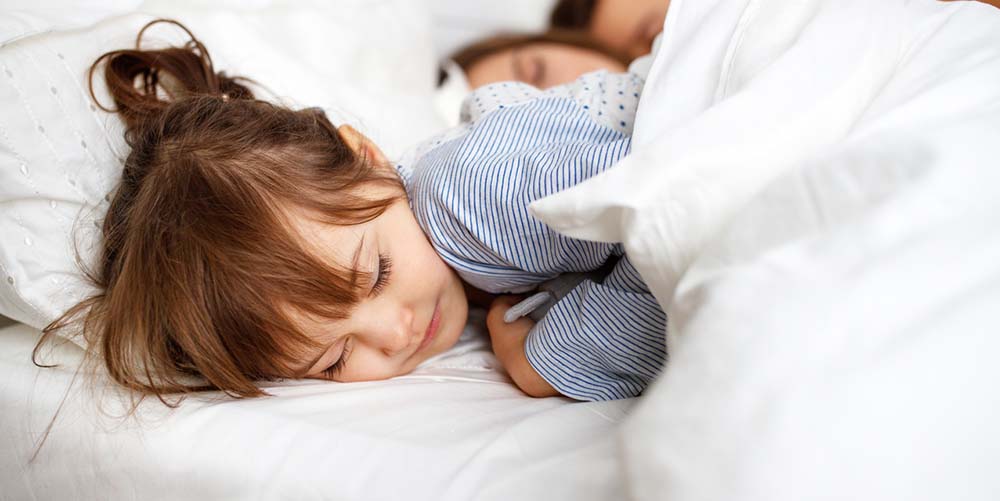Over the years various studies have explored the link between sleep habits and mental health in adults – which you can read more about here.
Now the University of Warwick and Fudan University have undertaken a study that looks at the role that sleep plays in the mental wellbeing of children aged between 9 and 11 years old.
In the study, which was published in the journal of Molecular Psychiatry, researchers analysed the relationship between sleep duration and brain structure in 11,000 children.
Through analysing the data, the researchers found that depression, anxiety, impulsive behaviour and poor cognitive performance were more common amongst the children with shorter sleep duration. They also found that the depressive problems were associated with short sleep duration one year later.
As we sleep our body undergoes a number of active processes that support the reorganisation of brain circuitry. Adequate sleep is incredibly important for children, whose brains are developing and reorganising rapidly.
“The recommended amount of sleep for children 6 to 12 years of age is 9-12 hours,” says professor Jianfeng Feng, from the University of Warwick’s Department of Computer Science, one of the professors involved in the study. “However, sleep disturbances are common among children and adolescents around the world due to the increasing demand on their time from school, increased screen time use, and sports and social activities.”
Previous studies have revealed that many children are currently not getting enough sleep with one study showing that about 60% of adolescents in the United States receive less than eight hours of sleep on school nights.
“Our findings showed that the behaviour problems total score for children with less than 7 hours sleep was 53% higher on average and the cognitive total score was 7.8% lower on average than for children with 9-11 hours of sleep,” says Feng. ” It highlights the importance of enough sleep in both cognition and mental health in children,”
Professor Edmund Rolls from the University of Warwick’s Department of Computer Science added: “These are important associations that have been identified between sleep duration in children, brain structure, and cognitive and mental health measures, but further research is needed to discover the underlying reasons for these relationships.”







